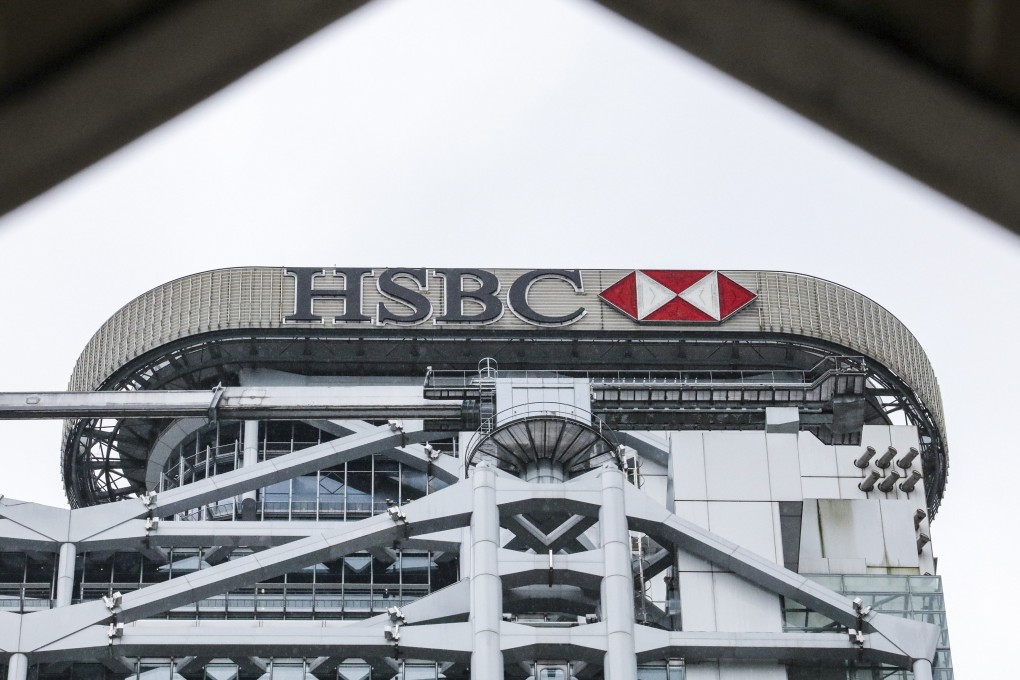US lawmakers demand HSBC explain move to freeze accounts of Hong Kong opposition activists, groups
- In a letter, the lawmakers also pointedly ask the banking giant whether its actions have contributed to the erosion of Hongkongers’ rights and freedoms
- The letter says the bank’s answers will assist in the oversight of the Hong Kong Autonomy Act, which allows for sanctions on those who undermine human rights and democracy in the city

A bipartisan group of US lawmakers has demanded HSBC explain its decision to freeze the accounts of several Hong Kong opposition figures and groups in recent years, pointedly asking the banking giant whether its actions have contributed to the erosion of residents’ rights and freedoms.
In a letter sent to HSBC group chief executive Noel Quinn on Monday and released to the public overnight on Thursday, six US senators and seven members of the House of Representatives noted that public statements of support for the Beijing-imposed national security law by then HSBC Asia-Pacific CEO Peter Wong Tung-shun had served to “heighten our concern”.
The letter’s signatories all belong to the bicameral Congressional-Executive Commission on China.
The lawmakers also alluded to restrictions placed on the accounts of American citizens, including at HSBC branches in the United States, and to British National (Overseas) passport holders being barred from withdrawing pension funds from the bank when leaving the city for the United Kingdom.
The latter, the lawmakers said, “raises questions whether HSBC is aiding and abetting the government’s policy to restrain exit”.
Since January 2021, BN(O) passport holders have been unable to claim their Mandatory Provident Fund earnings after the Hong Kong government ceased to recognise the document as valid proof of identity or for immigration clearance.
“We ask HSBC to address the concerns stated above and to justify why these actions were taken, including whether these actions were requested by Hong Kong authorities or officials from the People’s Republic of China,” the letter said.